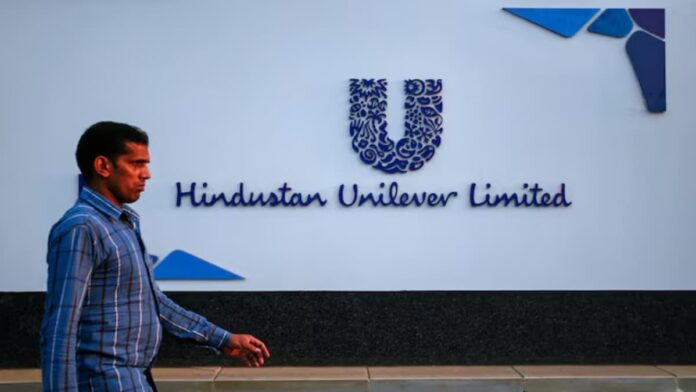Srinandan Sundaram, executive director, home care at Hindustan Unilever’s (HUL’s) largest division, which contributes 37% to its overall revenue, talks about premiumisation, inflation concerns, local competition and retail innovations in an interview with Viveat Susan Pinto. Excerpts:
Premiumisation has helped HUL’s home care division to tide over the urban slowdown in recent quarters. What are you doing to maintain sales momentum in the future?
We are over indexed on premium. This is something we have consciously built over the years within home care and we intend to stay the course. If you look at fabric cleaning, we have invested in premium formats such as fabric conditioners; identified premium trends such as the shift to liquid detergents early on in the life cycle of the category. While the strategy is to continue providing higher-order benefits at the premium end, we are also taking some of these learnings into the mass market.
What are you precisely doing in the mass market? Is this helping you to tackle competition from small and local brands?
The recent launch of Sunlight liquid detergent at the mass end (in the south) or the launch of Sun liquid dish wash, also at the mass end, is not only intended for more consumers but to also take on local competition. There are a lot of private labels that have emerged with a strong value offering, the idea for us therefore is to provide higher-order benefits but at accessible price points. At the same time, premium brands (such as Surf Excel) are also available at affordable price points, which allows consumers to get premium benefits within their monthly budgets.
Inflation is something that most FMCG companies, including HUL, have called out in recent quarters. Could it derail growth at a time when the Budget has given a fiscal stimulus to the middle class?
If disposable incomes do not go up following the fiscal stimulus to the middle class, it could put pressure on their purchase wallets. Having said that, the currency volatility is a cause for concern. Crude and palm oil are big inputs for us (in home care). And palm oil prices have been shooting up, which increases the prospect of price hikes. The tightrope we are walking is how to manage the price-value equation. Inflation forces us to either hike prices directly or go in for indirect hikes through grammage cuts.
» Read More


